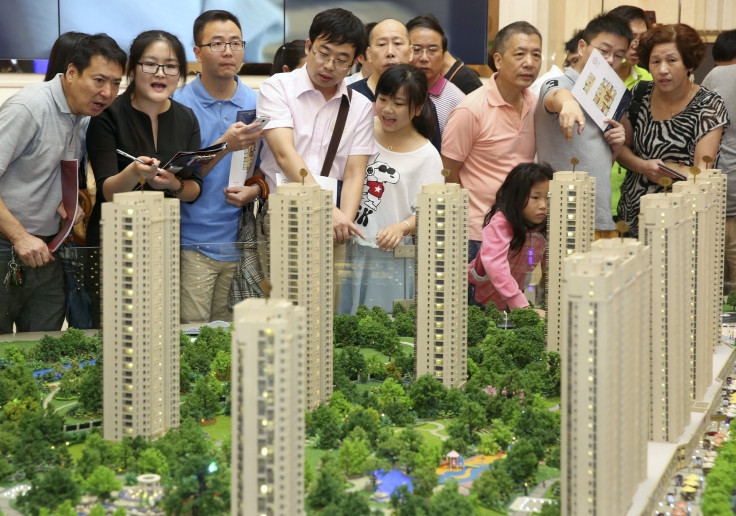Falling Housing Prices Are Causing Violent Protests In China

In a sign of growing public concern over fluctuations in the country’s housing market, homeowners in two Chinese cities gathered over the weekend to demonstrate against plans by property developers to make steep price cuts even as the industry has recently struggled to attract buyers.
According to website MarketWatch, a crowd of homeowners surrounded the Shanghai sales office of property developer Greentown China Holdings Ltd. to protest a 25 percent drop in home values owned by the company. Meanwhile in Jinan, capital of Shandong Province, owners unfurled banners to protest a similar cut and clashed with counter-protesters organized by the real-estate company.
China's economy, the world’s second largest behind the United States, is highly dependent on its real estate sector, which accounts for between 16 percent and 20 percent of China's gross domestic product growth. Because of strict capital controls and a volatile stock market, Chinese citizens invest a significant portion of their surplus income into real estate: Despite widespread rural poverty, China’s homeownership rate is 90 percent (compared to 65 percent in the U.S.). Meanwhile, local governments lend money to property developers, whose investment in steel, cement and other commodities fuels politically desirable GDP growth. As a result, rows of apartment buildings -- often lacking residents -- dot the landscape in China’s major cities, creating widespread concerns of a bubble.
The Chinese government last year imposed limits on purchases of multiple homes, as well as higher down payment requirements. The measures worked: A June survey found that 55 of 70 major Chinese cities reported a months-long slump. While Beijing has since relaxed some of these measures, this weekend’s protests illustrate just how little the Communist Party wants to deal with a sustained drop in home values.
While unrest spurred by falling housing prices is unusual in China, protests in general aren't: In 2011, the Chinese government recorded more than 180,000 “mass incidents” -- defined as spontaneous public eruptions of discontent -- throughout the country. Unrest belies China’s self-image of a “harmonious society.” Yet, a 2012 report by the Europe China Research and Advice Network, a European Union-funded project established in January 2011 to provide advice on China to European policy makers, found that protests in China focus on strictly local issues, even when dealing with concerns that have nationwide implications.
But even if the Chinese government keeps housing price protests from spreading, reducing its dependence on the real estate sector appears to be a far greater challenge.
© Copyright IBTimes 2024. All rights reserved.





















